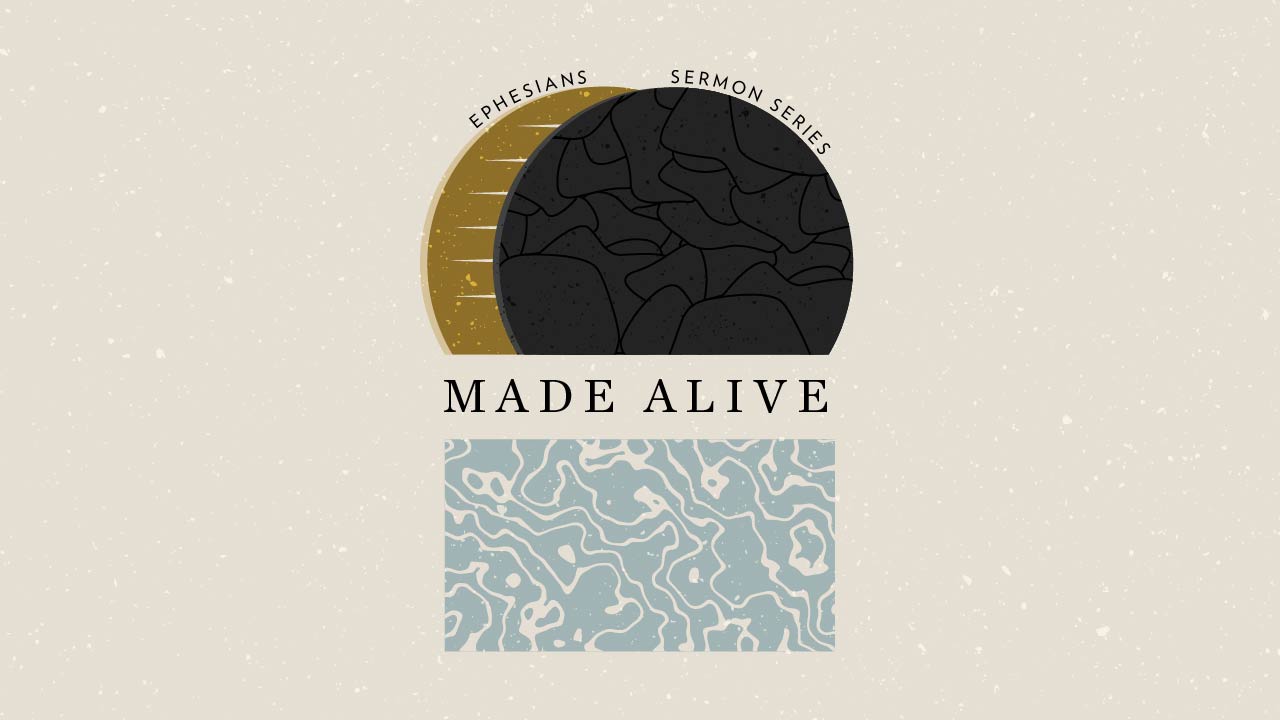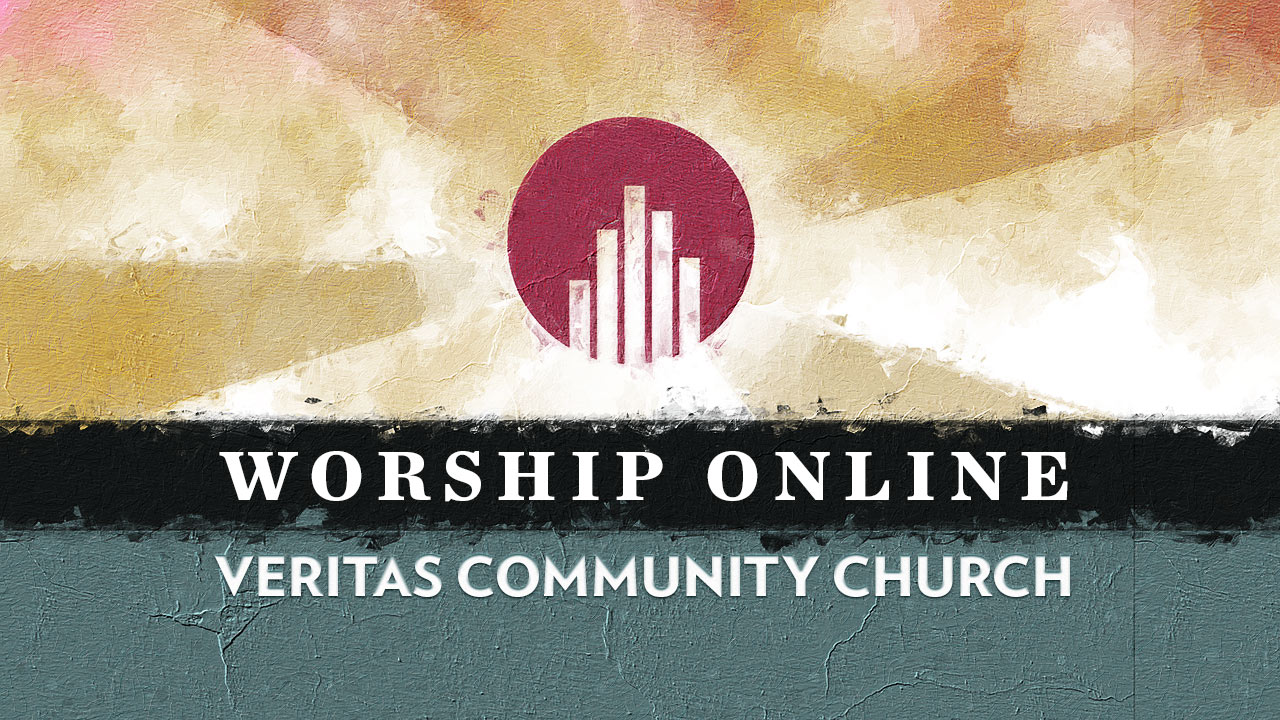Say “Thank You for Sharing”
Some things are cliché for a reason
by Thomas Dutton
The first week of our Sexual Brokenness Care Groups, we share our stories. This week often includes some of the most heartbreaking moments, yet some of the most powerful. One moment I will never forget came after one of the men in our group shared his story—a story full of grief and hurt and loss. When he was done, the weight of his suffering seemed to hang in the air. There was nothing to be said right away, but as the silence began to drag on, it seemed that something needed to be said, as if we needed to make sure that pain didn’t have the last word. But I just couldn’t think of anything that didn’t either minimize the story or feel cliché or ingenuine. One of the other men in the group spoke first, and said something like “Thank you for sharing all of that. I hope this doesn’t sound cliché, but I’m really glad that God made you, and I’m really glad that you’re here with us.” The man who had shared said “That doesn’t sound cliché at all, it actually means a lot.” And it was clear that it had.
In times when it’s hard to know what to say, less is often more. Why? One reason is that less is more likely to be sincere and true. If we have to reach and hastily compose some profound (or at least profound-sounding) response, it’s likely to not be sincere, and very likely to not sound sincere. But that’s not all—the worldly responses that often come to mind in these settings (“well at least…” or “everything happens for a reason” or “I’m sure things will get better”) are often not true. God doesn’t offer us these sorts of consolations. He doesn’t promise that things will get better in this life, or that we’ll be able to look back and be comforted by an obvious, satisfying reason for a time of suffering. What does God offer? His presence. The creator of the universe, sustainer of all things draws near to us intimately and individually in our suffering. I am with you is a line God repeats all over the Old Testament (Gen. 26:24 and 28:15, Isaiah 41:10 and 43:5, Jeremiah 1:8 and 1:19, Haggai 1:13 and 2:4 to name a few). Who are we to offer what God does not? Were we there when God laid the foundation of the earth? Yet we often claim to know his ways. What if instead of trying to speculate what God is up to in someone’s life, we aimed to emulate his care for his people? What if instead of putting cheap bows on suffering, we responded “Thank you for sharing. I’m glad you’re here. I’m here with you.”?
But what if we do have some piece of wisdom or advice or knowledge that’s relevant? Shouldn’t we offer it? Maybe not. Especially not right away. Consider the example of Jesus in John 11. Mary is mourning the loss of her brother Lazarus, and even says that it’s Jesus’s fault that he is dead. Jesus knows that this is a false accusation, and he knows that in a short time, he will raise Lazarus from the dead. If anyone ever had the right to say something like “I’m sure things will get better,” Jesus did here. But he didn’t. What did he do? Jesus wept. Why didn’t he let her know that it would all be okay? That he had a plan, and she would see her brother again soon? We shouldn’t claim to know the mind of God, but it seems clear that this is not what Mary needed. And haven’t we been there? When you’re hurting, you often don’t want to hear it’ll get better, even if it’s true. What might make a real difference is someone to listen and someone to hurt with you. So let us weep with one another. Let us reject the pressure to respond to hurt with something grand and profound, and let us be okay with saying something short and simple like “thank you for sharing.”
by Thomas Dutton




Comments are closed.